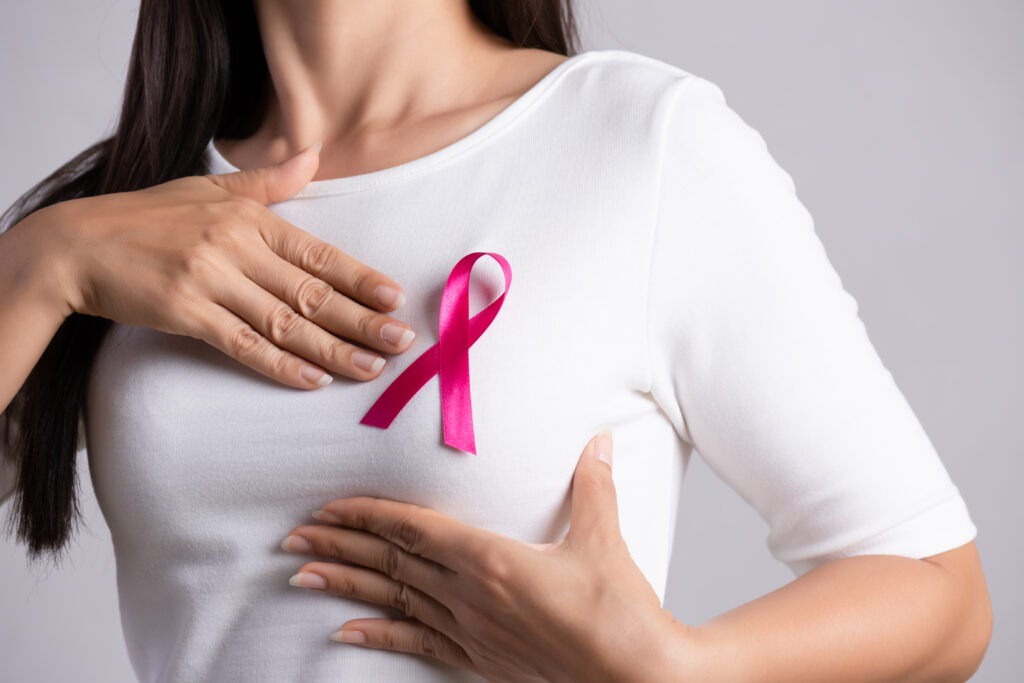Breast cancer is one of the most common cancers affecting people worldwide, and understanding it can empower you to take care of your health. While the topic might seem overwhelming at first, breaking it down into simple parts can help you feel more in control.
What Is Breast Cancer?
Breast cancer starts when cells in the breast begin to grow uncontrollably. These abnormal cells can form a tumor that may or may not be cancerous. Over time, if left unchecked, these cells can spread to other parts of the body. Although breast cancer is most often found in women, it can also affect men—albeit much less frequently.

Risk Factors to Keep in Mind
Some factors that increase your risk of developing breast cancer aren’t under your control. For example, age, family history, and genetic factors play a role. However, lifestyle choices also make a difference. Maintaining a healthy weight, limiting alcohol intake, and staying physically active can help lower your risk. Regular screening and early detection are especially important if you have any family history or other risk factors.
The Importance of Early Detection
Early detection is key when it comes to breast cancer. Regular screenings, like mammograms, can catch cancer early, when it’s often easier to treat. It’s important to follow your doctor’s recommendations on when to start screening and how often to get checked. Knowing your body and reporting any unusual changes—like a lump, swelling, or changes in the skin—is crucial. Remember, not every change means cancer, but it’s always a good idea to get anything suspicious checked out.
Treatment Options
If you are diagnosed with breast cancer, there are several treatment options available. Treatment plans are personalized based on the type and stage of cancer. Common treatments include:
- Surgery: Removing the tumor or the entire breast (in some cases) is a common first step.
- Radiation Therapy: This uses high-energy rays to target and destroy cancer cells.
- Chemotherapy: Strong drugs help kill cancer cells, often used alongside other treatments.
- Hormone Therapy: For cancers that are sensitive to hormones, treatments can block the effects of hormones on cancer cells.
- Targeted Therapy: This newer approach focuses on specific abnormalities within cancer cells.
Your healthcare team will work with you to decide on the best course of treatment, taking into account your overall health and personal preferences.

Living with Breast Cancer
A diagnosis of breast cancer can be life-changing, but you are not alone. Support groups, counseling, and connections with other survivors can offer comfort and guidance. Many organizations provide resources, from educational materials to financial assistance. Taking care of your emotional health is as important as addressing the physical aspects of the disease.
Taking Preventative Steps
While not all cases of breast cancer can be prevented, there are steps you can take to lower your risk. Regular exercise, a balanced diet rich in fruits and vegetables, limiting alcohol, and avoiding tobacco can all contribute to overall health. Discussing your risk with a healthcare professional can also help you determine if additional preventative measures, like medications or more frequent screenings, might be right for you.
Final Thoughts
Breast cancer is a serious topic, but understanding it is the first step toward prevention, early detection, and effective treatment. Stay informed, listen to your body, and don’t hesitate to seek professional advice if you notice any changes. With advances in treatment and a supportive community, there’s hope and help available every step of the way.
Remember, taking care of your health is a journey—one step at a time.




